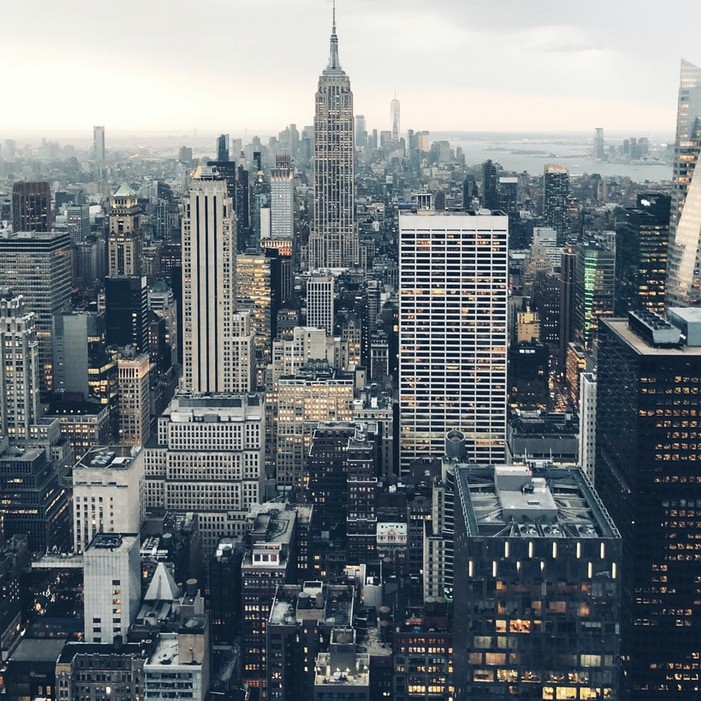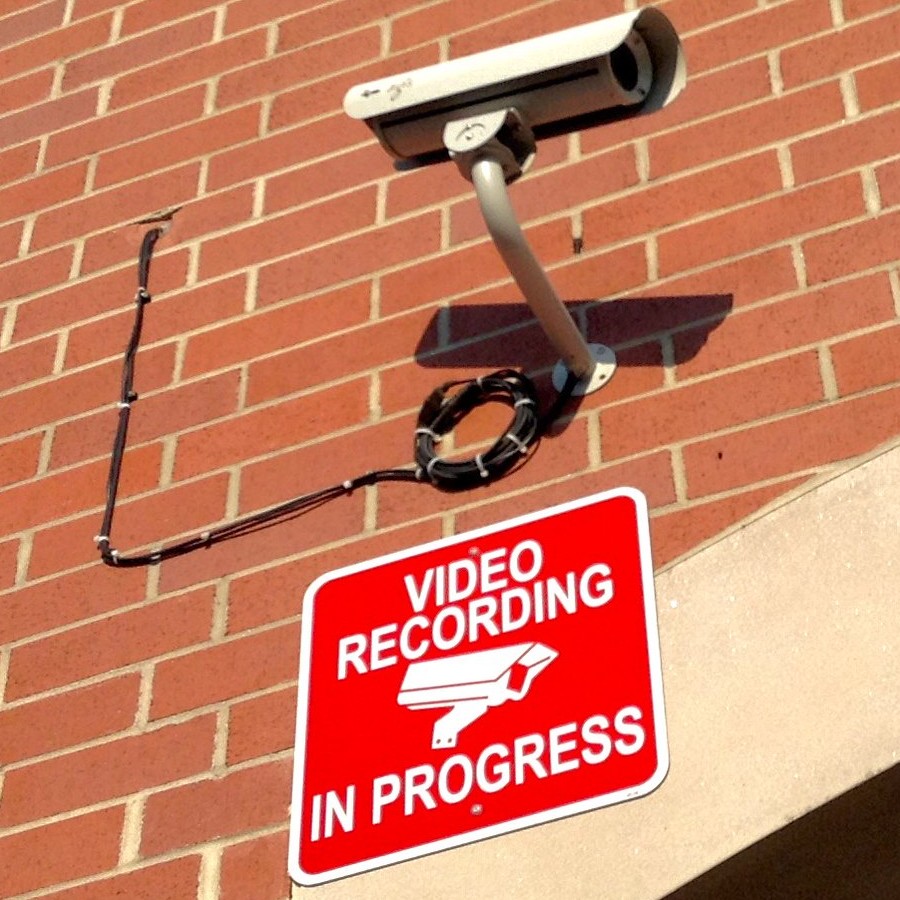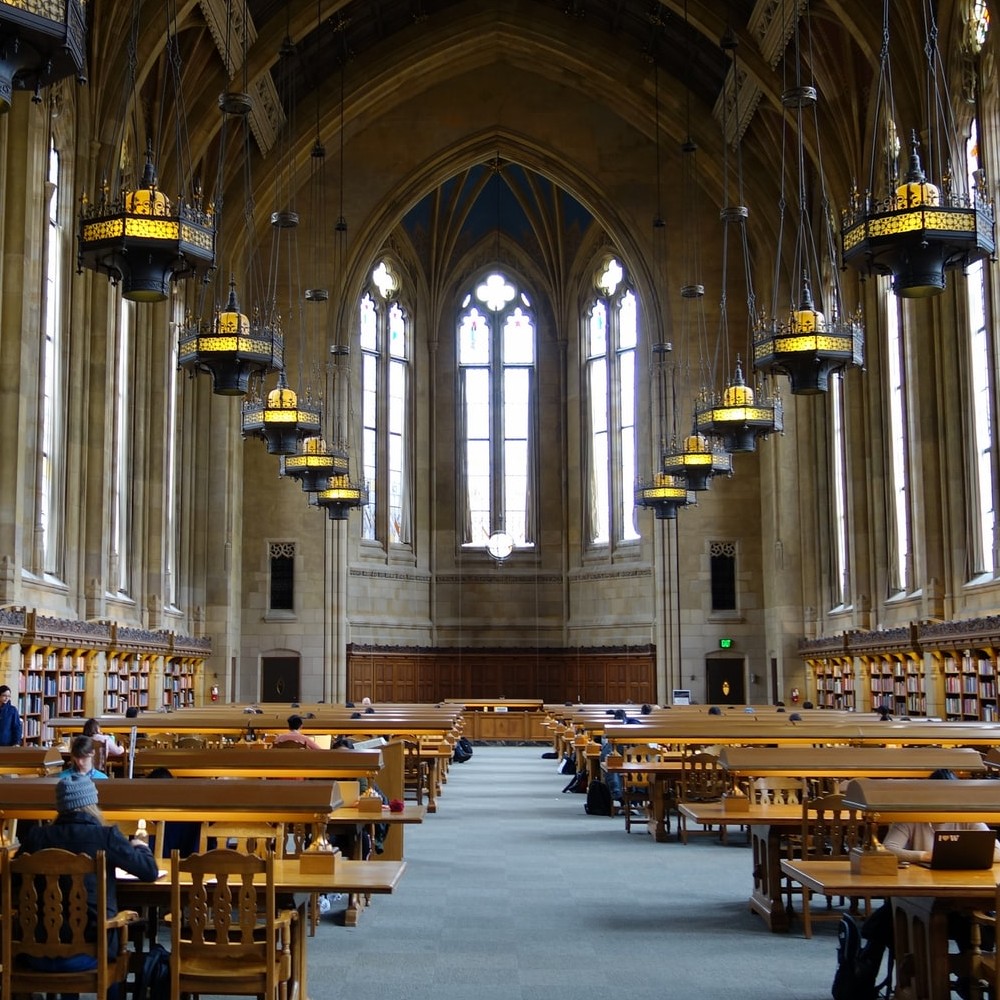In the first eight months of 2021, global M&A activity has grossed $3.6 trillion, the highest mark at this point in the year since at least 1995, when Dealogic started keeping records. This unprecedented volume of activity has been aided by low interest rates, soaring stock prices, and executives’ ability to address the imperfections in their business exposed by the pandemic. The U.S. alone accounted for $2.14 trillion worth of M&A deals this year, while Europe and the Asia-Pacific accounted for $657 billion and $620 billion, respectively. This wave of deal-making has Wall Street setting records as well, as deal advisory revenue has reached new heights for multiple investment banks. It’s no surprise that Goldman Sachs is the best performing stock in the Dow this year, up 56%.
globalEDGE Blog - Page 43
Publish Date:
Across California, the term “Boosters” has been gaining popularity, and rightfully so. “Boosting” is formally known as a form of organized retail crime. It consists of a network of organized crime professionals and it has stolen $50 million in products in northern California over the last 5 years. They commonly steal from large chain stores such as CVS and Walgreens and then resell the product on online storefronts such as Amazon or eBay. In some areas, the crimes have become so frequent that Walgreens closed 17 of its stores.
Publish Date:
The housing market is an unforeseen casualty amidst the COVID-19 pandemic. According to the Bank for International Settlements (BIS), the hot housing markets are a global phenomenon. In the United States, Canada, Europe, New Zealand, and South Korea, the housing markets are seeing a surge in price growth, in some areas reaching price overvaluation of more than 20%. More specifically, global house prices are now 22.4% higher than their level immediately after the financial crisis and up 29.2% in advanced economies. The Bank of Korea even warned that real estate is “significantly overpriced” in June 2021, along with discussing the growing household debt repayment burden. In the rest of this blog, we will go over the reasons for the increased pricing, how countries and global institutions respond to them, and the actions different countries have taken to lower the costs.
Publish Date:
After a summer full of work, internships, and professional development, the globalEDGE team is excited to return to campus for the fall semester. Our team is eager to begin writing blog posts and updating the globalEDGE website with the most current information on international business. Keep an eye out for blog posts about current events, various international business topics, and website updates! We will be returning to our regular Monday through Thursday blog posting schedule this week, the week of Monday, September 13.
Publish Date:
This marks the last week of our academic year at Michigan State, and the globalEDGE team will be taking the summer off while team members will be graduating, starting full-time jobs, completing internships, traveling, and furthering their education in an effort to continue to contribute innovative and real-time news to the globalEDGE website when we return in the fall. During a year of virtual school and virtual work, we hope that our viewers were able to use our information to their benefit as we all take on these difficult times, and we appreciate your viewership and interaction with the site. Thank you for all of your support and we will be anticipating our return to the blog come fall.
Publish Date:
Though COVID-19 is far from behind us, businesses and international trade are coming to life again after an unprecedented slowdown in 2020. While much of the world will be relieved by the global economy’s slow progression toward pre-pandemic levels, the recovery will inevitably bring with it some of our pre-pandemic problems. Pollution and waste represent a particular area of concern. No business comes without pollution, and in spring 2021, one facet of pollution is causing notable distress in the international business world: recyclable plastics.
Publish Date:
In 2015, Iran, the United States, and several other world powers came together to sign the Iran nuclear deal. This deal places restrictions on Iran's nuclear program, and in return, they are granted sanctions relief. In 2018, President Trump withdrew the United States from the deal in pursuit of a more effective solution. Iran began ignoring restrictions on the nuclear program about a year after the deal was signed.
Publish Date:
Last week, the European Union released a draft of strict regulations regarding the creation and use of artificial intelligence (AI). This 108-page document of rules and regulations aims to ban or restrict multiple “unacceptable” uses of AI, which the European Commission deems as any AI system that is considered a clear threat to the safety, livelihoods, and rights of people. This includes the use of AI in a range of activities like hiring decisions, bank lending, school enrollment selections, court decisions, and facial recognition in public places. Although the EU’s proposal faces a long road before it becomes law, as it must be approved by both the European Council and European Parliament, it has profound implications for big tech and national governments around the world.
Publish Date:
This past week, Apple unveiled their new line of products, including new iPads and iMacs. There has already been a lot of controversy in the business world about Apple's new unveilings, including a new product, AirTag, looking incredibly similar to the product Tile, and the new podcasting app on iPhones directly competing with Spotify. However, the latest software update to their products has more profound consequences for other well-known businesses, particularly Facebook.
Publish Date:
When a person goes to buy groceries, how many of those products are dairy or contain dairy in them? Chances are quite a few of them, especially if they enjoy a nice glass of cold milk with their cookies, ranch and/or cheese on their salads, if they put butter on anything, have a cup of yogurt or cream cheese on a bagel for breakfast, or end dinner with a scoop of ice cream. If they do consume dairy on an annual basis, this person would join the 6 billion people globally who also consume dairy. Just about every country around the world has a dairy farm, whether this means a farm of 3 or 100 cows. With all of those farms, they need to be staffed, which brings lots of jobs. 240 million jobs are tied to the dairy sector, with roughly one-third of those held by women. 600 million people globally live on those farms, while 400 million more people are dependent on dairy as the product moves upstream through the various supply chains to reach the final customer. About 10% of all of the protein produced in the world is from the dairy sector, and also includes other beneficial micronutrients for good health.












